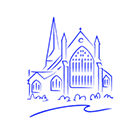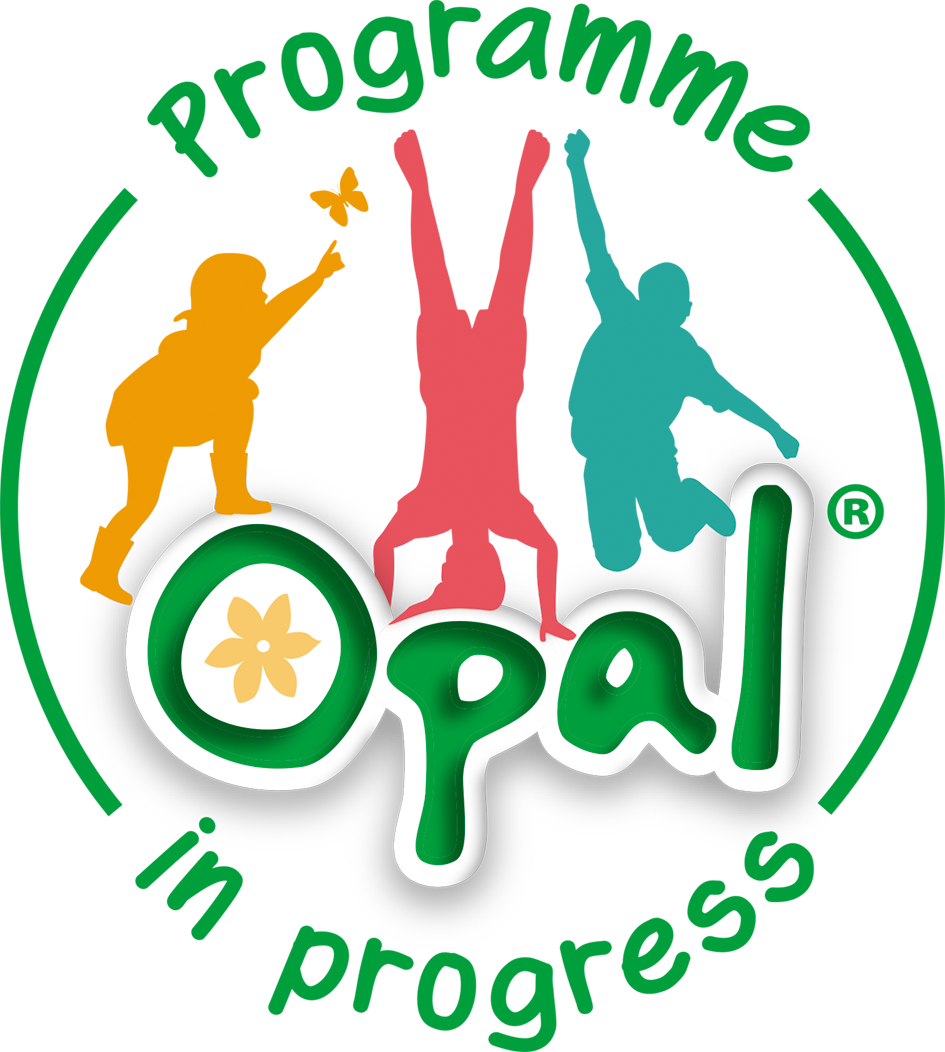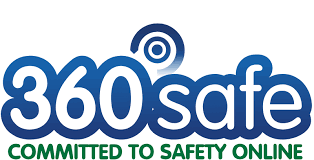CURRICULUM BY Subject
If you wish to know more about a subject, please contact the subject leader, shown in blue, for further information.
Subjects-Gallery (ID 1024)
-
ArtMrs McLaughlin
Art
At St Mary’s, our focus is to teach the key skills of art, using the elements of line, tone, colour, shape, pattern and texture. We ensure a clear and thorough progression of these skills from Reception through to Year 6, building on the children’s prior knowledge and learning.
Art Overview Art ProgressionArt Knowledge OrganisersArt Key Figures
-
ComputingMrs Gleeson
Computing
Children at St Mary's experience a wide range of technology in their computing curriculum, including iPads and computers, Bee Bots, Raspberry Pis, Spheros, Microbits and Makey Makey kits.
-
Design TechnologyMrs Fulkes
Design Technology
The teaching of Design Technology at St Mary’s follows the process of design, make and evaluate. The design process is rooted in real life, relevant contexts in order to make learning purposeful. We give children the opportunity to work collaboratively on projects to develop and build teamwork skills.
DT Overview DT ProgressionDT Key FiguresDT Knowledge Organisers
-
EnglishMiss Francis, Mrs Smith and Mrs Bond
English
At St Mary’s, we teach Phonics and Early Reading using Essential Letters and Sounds, before children progress to banded books using PM Benchmarking.
Our wider English curriculum is taken from the Literacy Tree, and mapped out to complement our topic themes where relevant. Our learning is rooted in core texts which expose children to a wide range of high quality fiction and non-fiction literature.
English Text OverviewEnglish ProgressionClass Read Alouds
Handwriting/Transcription Progression
-
EYFSMrs Adams
EYFS
In their first year at St Mary's children will still be following the Development Matters Framework used in pre-school settings, to get them ready for the National Curriculum which begins in Year 1.
We follow the Development Matters Curriculum for Reception Class.
-
FrenchMrs Heap
French
We have chosen French as our Modern Foreign Language of choice for a variety of reasons. Firstly, France is our closest international neighbour geographically and it is, therefore, likely to prove a very useful language to our pupils. Furthermore, all of our local secondary schools continue with French in KS3, so our children will have a good basis on which to build when they move on.
In Key Stage 1, children are introduced to French through language games, songs and oral activitieis. There is no National Curriculum requirement to meet, so children benefit from language exposure and enjoyment without attainment targets or assessment.
In Key Stage 2, we follow the Language Angels scheme, which covers the National Curriculum for Key Stage 2.
French is usually taught discretely, however in Years 5 and 6 there are some terms where French links with topics studied in other subjects.
-
GeographyMrs Harrison
Geography
The teaching of Geography primarily forms the key element of a termly topic. This means that discrete geographical skills and knowledge are taught within a wider context, helping to engage the children and deepen their learning.
-
HistoryMr Ellis
History
Along with Geography, History typically forms the core theme of a termly topic. This means that specific National Curriculum history skills and knowledge are delivered as part of other activities and lessons (e.g. DT, art, English) as well as via dedicated history lessons. This helps to give the children a rich and broad learning experience in the subject.
-
MathsMiss Jamalzadeh
Maths
Maths at St Mary's follows the White Rose Scheme of Learning, adapted by teachers to meet the needs of their class.
-
MusicMrs Cole
Music
We combine weekly music lessons in class with frequent opportunities to sing as part of a wider group or whole school. We offer professional tuition in playing specific instruments to specific classes and access to peripatetic lessons too for individuals.
Class music lessons follow the Kapow scheme of work.
-
PEMrs Adams
PE
PE is taught twice a week with one session from the Real PE Scheme, and a games-based, athletics, gym or dance lesson.
-
PSHE and RSEMrs McLaughlin
PSHE and RSE
We use the Jigsaw scheme of work, which covers both Personal, Social and Health Education and Relationships and Sex Education. The sessions also include mindfulness, which allows children to advance their emotional awareness, concentration and focus.
Jigsaw PSHE for parents and carersJigsaw RSE for parents and carers
Parental Access to Curriculum Materials
If you would like full access to current lesson plans and resources for your child's class, please contact your class teacher and request an individual login code for Jigsaw Parent Access.
-
Religious EducationMr Ellis
Religious Education
Our formal teaching of RE is based The Emmanuel Project curriculum.
All Church of England primary schools adhere to the Statement of Entitlement for RE, which explains how our C of E status impacts our curriculum.
-
ScienceMiss Parkinson
Science
In science, much of our learning is adapted to fit in with topic themes or seasons.
-
Forest SchoolMrs Harrison
Forest School
Our Forest School curriculum is designed to complement our wider curriculum, providing children with hands-on outdoor learning experiences that reinforce objectives in geography, science and other subjects as well as delivering many benefits and open-ended learning opportunities in its own right.
Children take part in one term of Forest School in each of Years R, 1 and 2, meaning they experience all seasons as they make their way through EYFS and Key Stage 1.

 St Mary's Church of England
Primary
School
St Mary's Church of England
Primary
School
